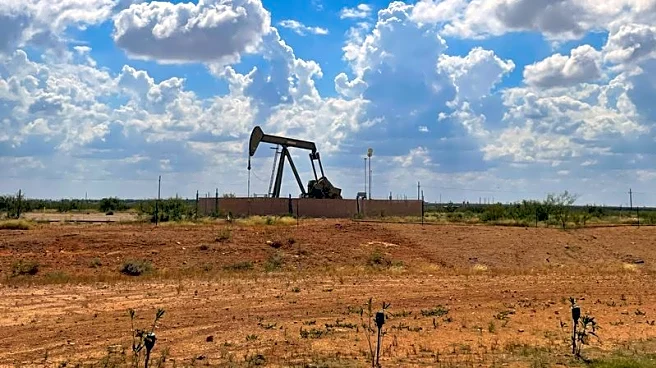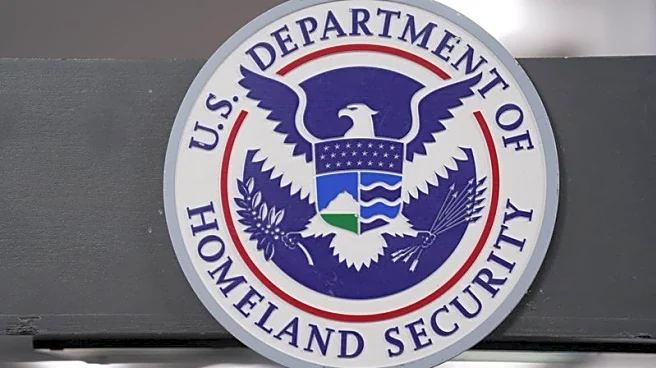What's Happening?
Maria Clark, a residential school survivor from British Columbia, has shared her journey of overcoming survivor's guilt and working towards reconciliation. Clark, whose nuu-chah-nulth name is Heiwaata, recounts the traumatic experiences of her grandmother at a residential school, which included physical abuse and emotional trauma. These experiences have had lasting impacts on her family, contributing to intergenerational trauma. Despite these challenges, Clark has made significant strides in her personal and professional life. She is now the assistant general manager at Tin Wis Resort in Tofino, located on the site of the last residential school to close in British Columbia. Clark has also become a prominent figure in the tourism industry, being the first Indigenous person to sit on the Tourism Tofino board. Her story highlights the ongoing process of healing and reconciliation for Indigenous communities affected by the legacy of residential schools.
Why It's Important?
The story of Maria Clark underscores the broader impact of residential schools on Indigenous communities in Canada and the United States. The legacy of these institutions has resulted in widespread intergenerational trauma, affecting the mental health and social dynamics of survivors and their descendants. Clark's journey towards healing and reconciliation is significant as it represents a path forward for many who have been similarly affected. Her achievements in the tourism industry also highlight the potential for Indigenous leadership and representation in sectors where they have been historically underrepresented. This narrative contributes to the ongoing dialogue about reconciliation and the importance of acknowledging and addressing historical injustices faced by Indigenous peoples.
What's Next?
Maria Clark's story is likely to inspire further discussions on reconciliation and the role of Indigenous leadership in various sectors. As she continues to advocate for awareness and understanding, there may be increased support for initiatives aimed at healing and reconciliation within Indigenous communities. Additionally, her involvement in the tourism industry could lead to more opportunities for Indigenous representation and influence in shaping the narrative around cultural heritage and history. Stakeholders, including government bodies and community organizations, may look to Clark's experiences as a model for supporting survivors and promoting reconciliation efforts.
Beyond the Headlines
The deeper implications of Maria Clark's story involve the ethical and cultural dimensions of reconciliation. Her experiences highlight the importance of cultural preservation and the need for spaces where Indigenous voices can be heard and respected. The narrative also raises questions about the responsibilities of non-Indigenous communities in supporting reconciliation efforts and acknowledging the historical injustices faced by Indigenous peoples. As Clark continues her work, there may be a broader cultural shift towards recognizing and valuing Indigenous contributions to society and addressing the systemic issues that have perpetuated inequality and trauma.











